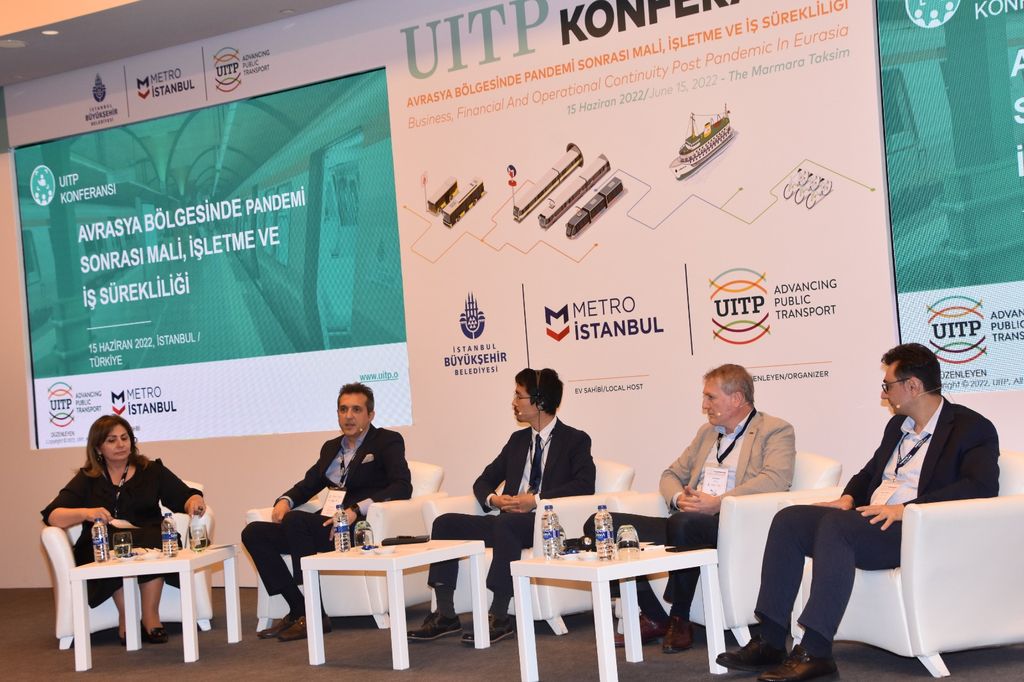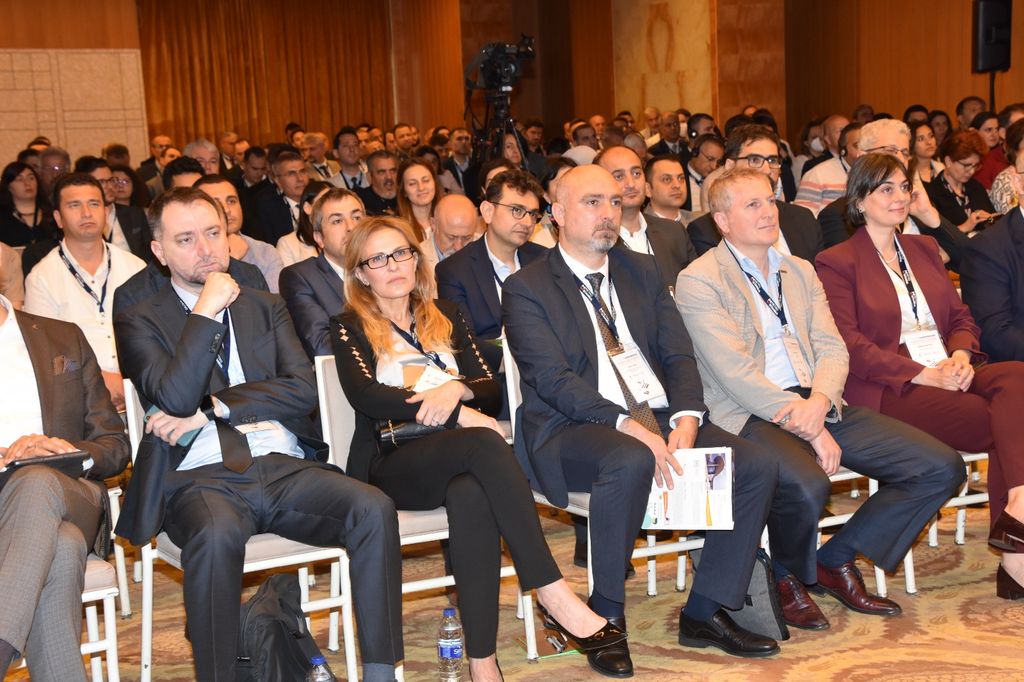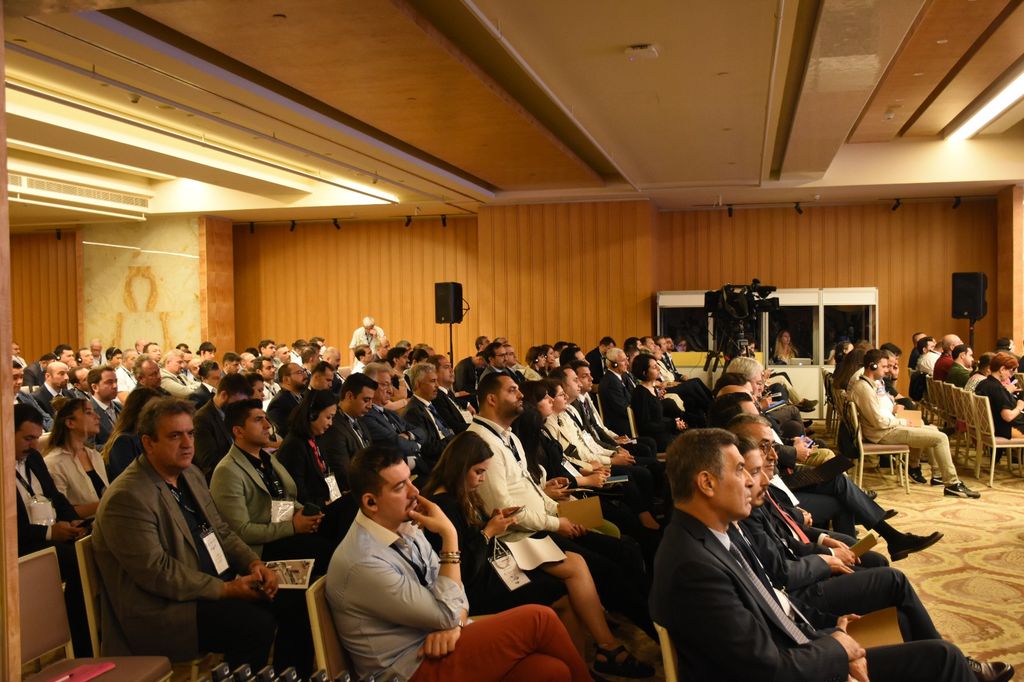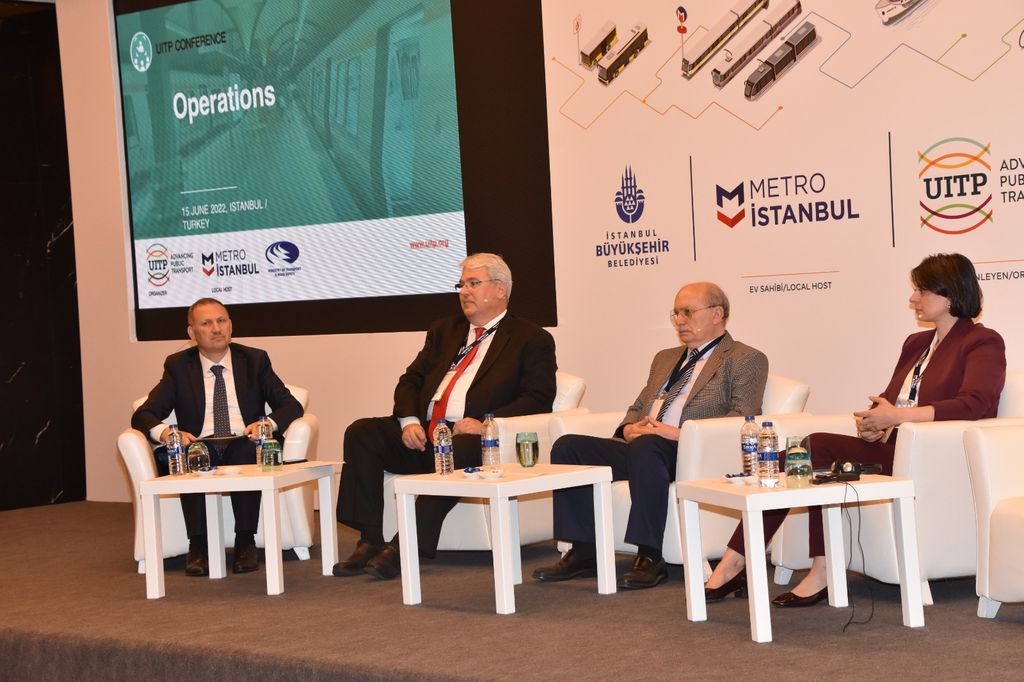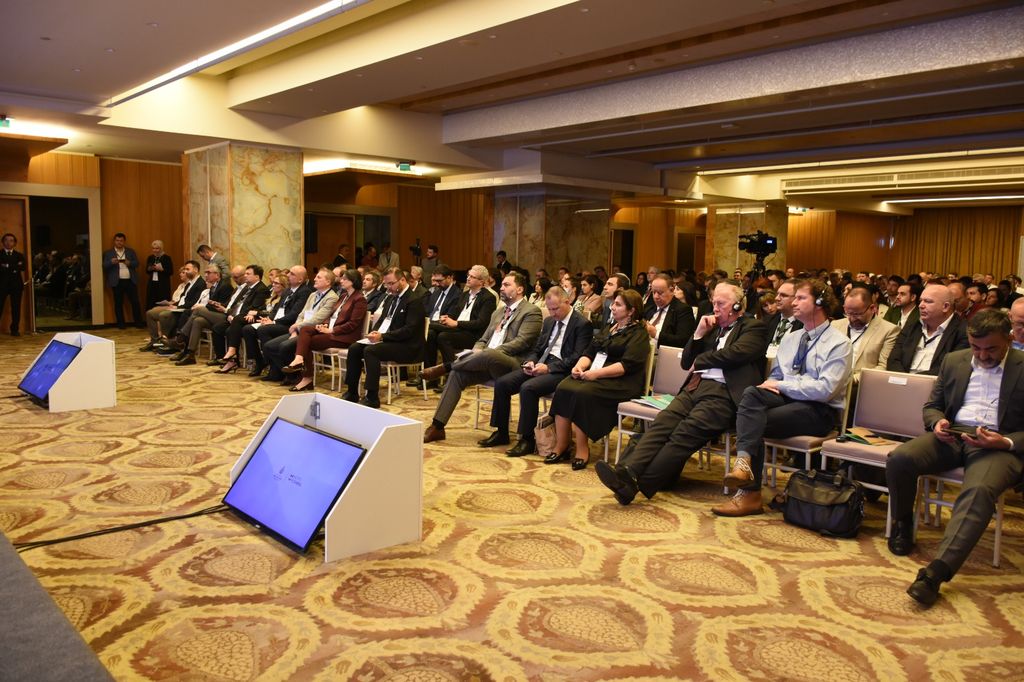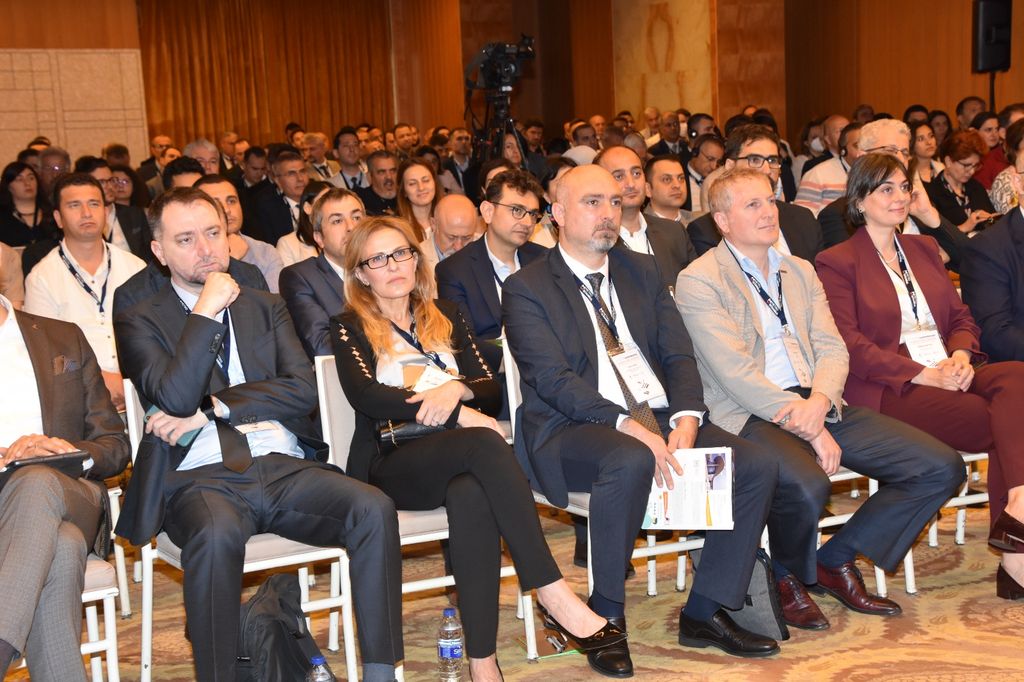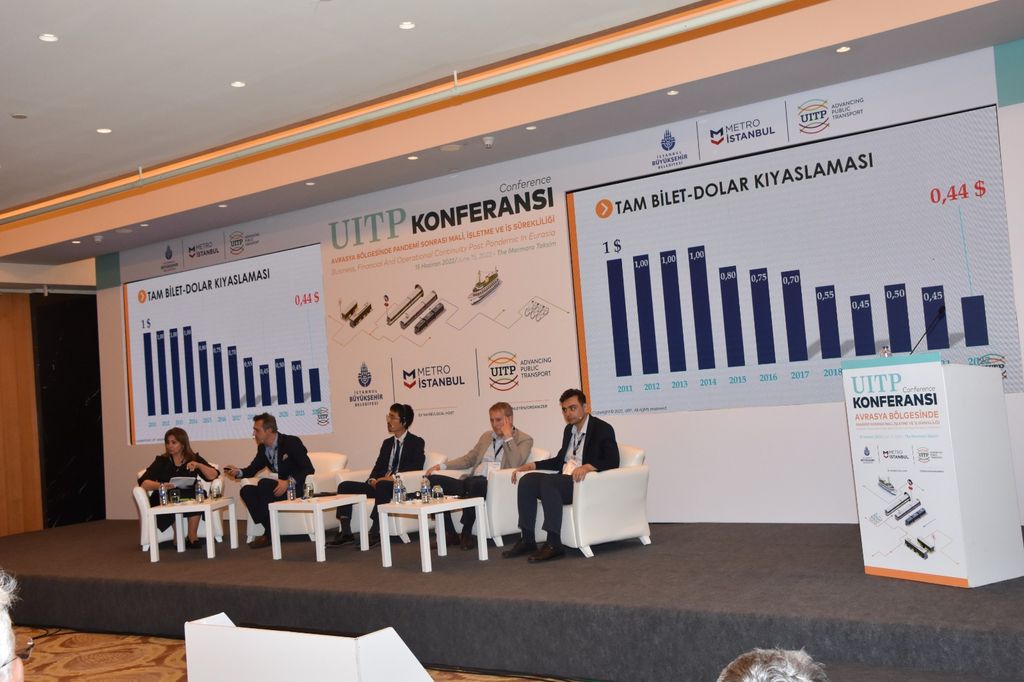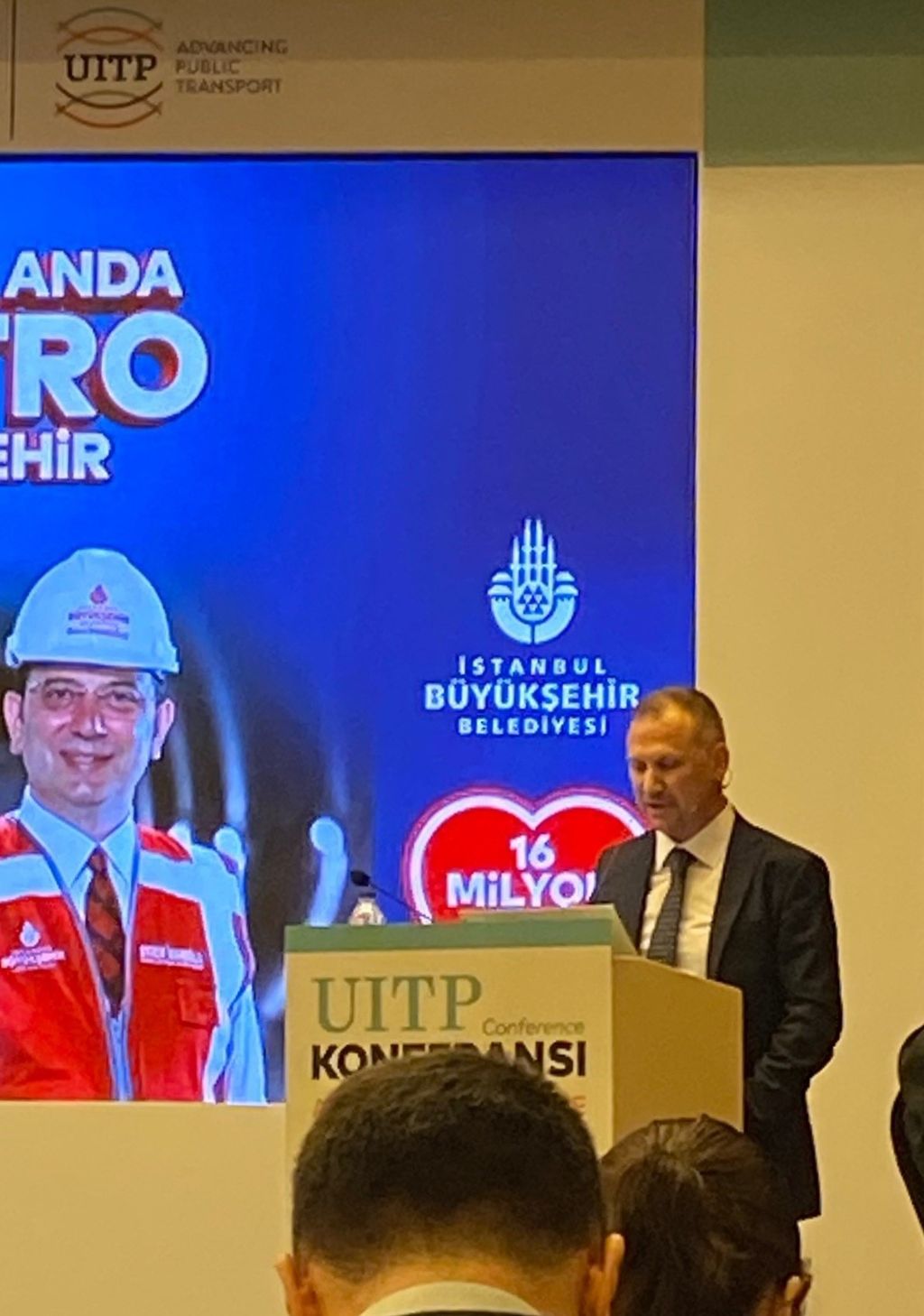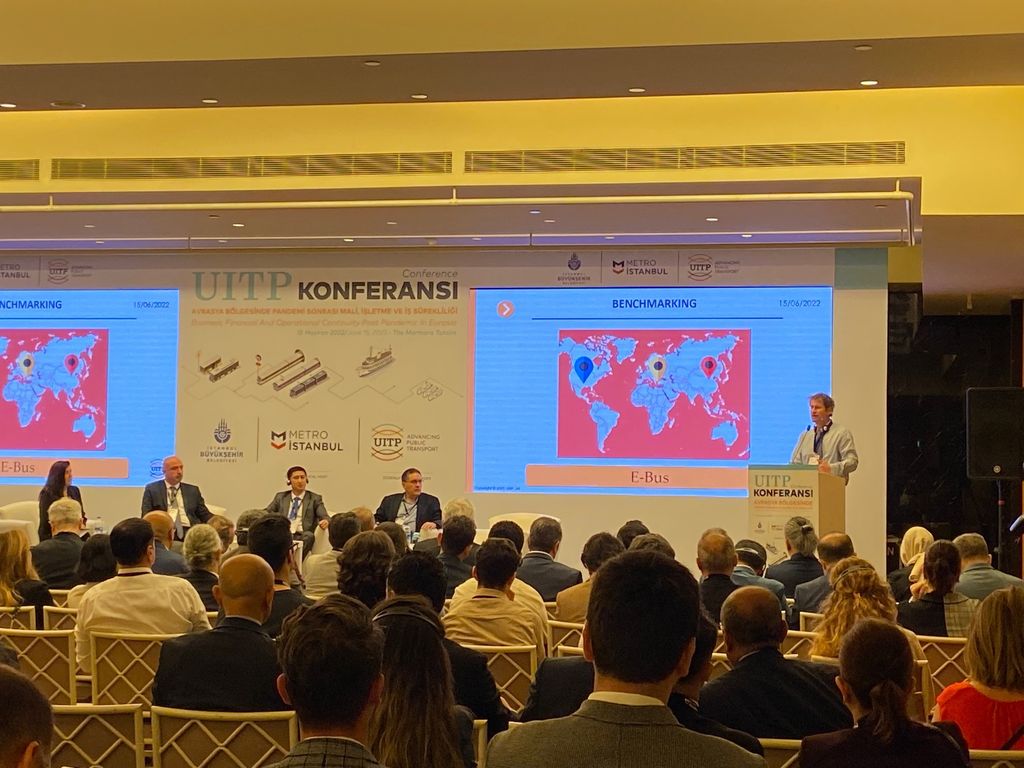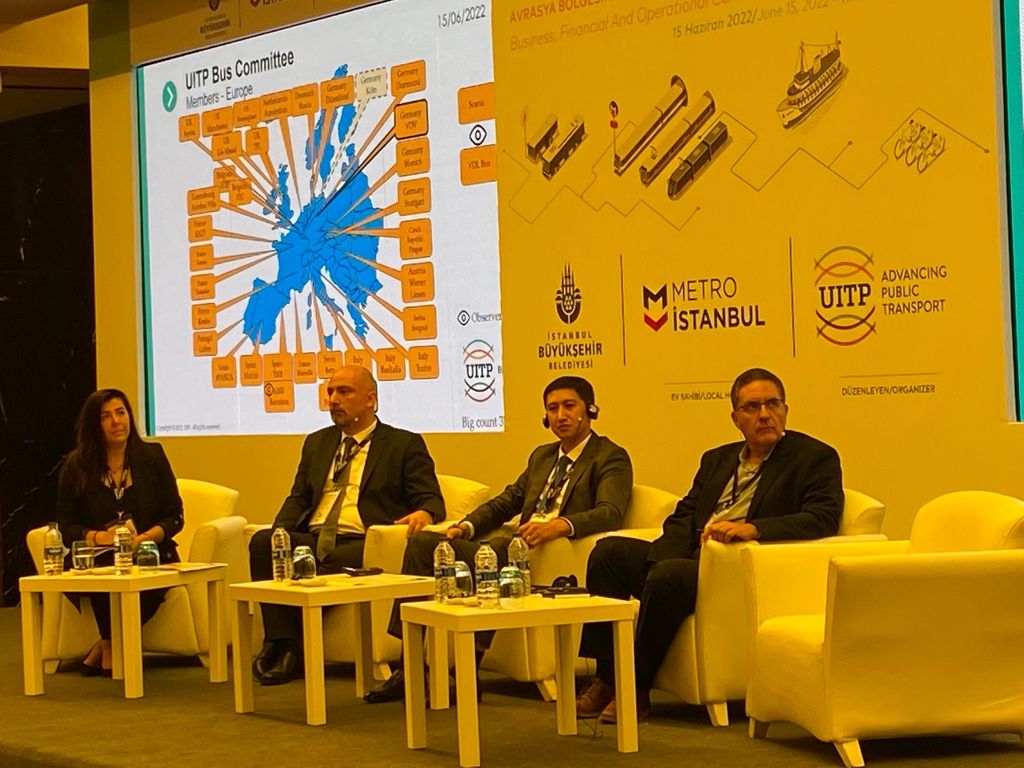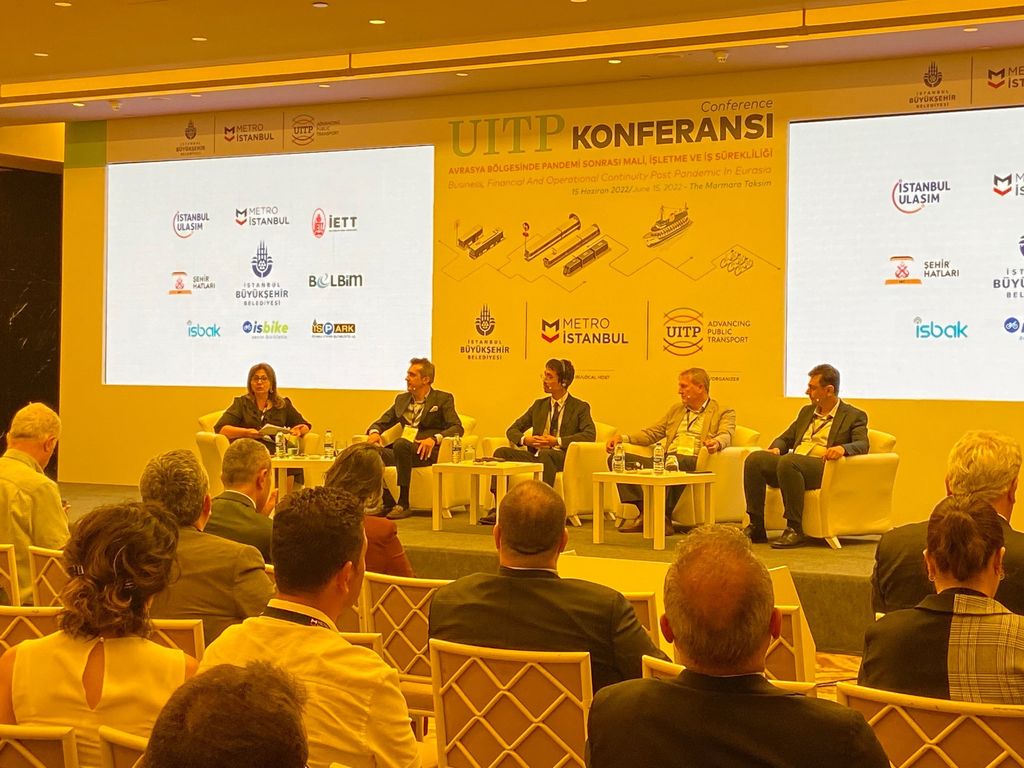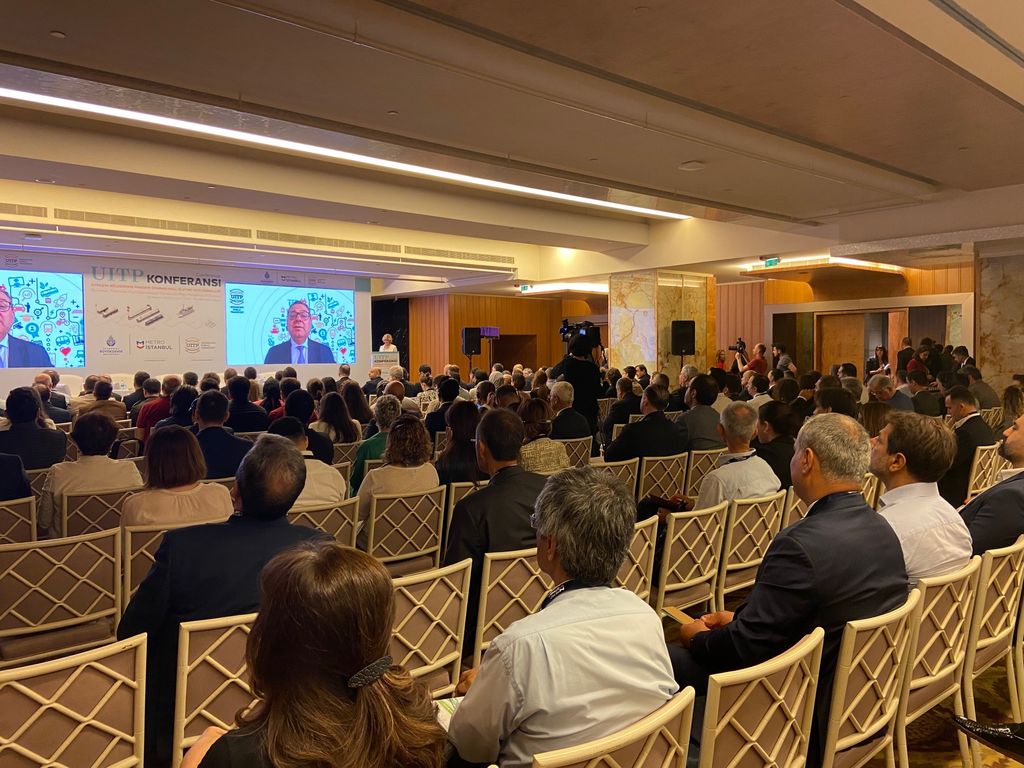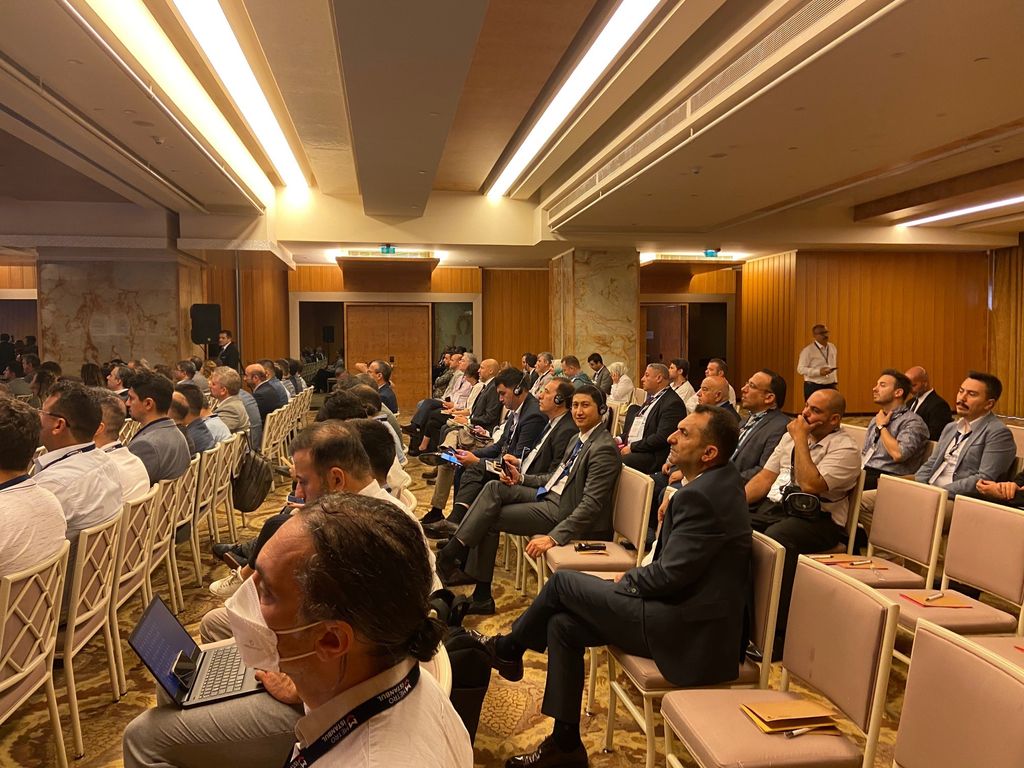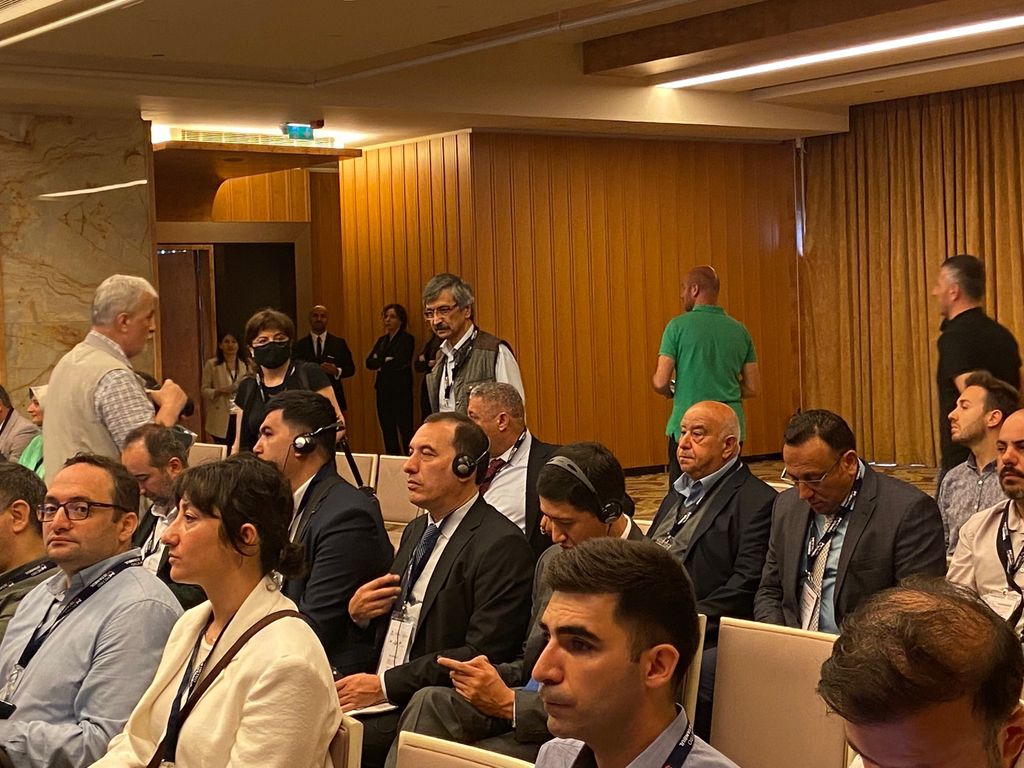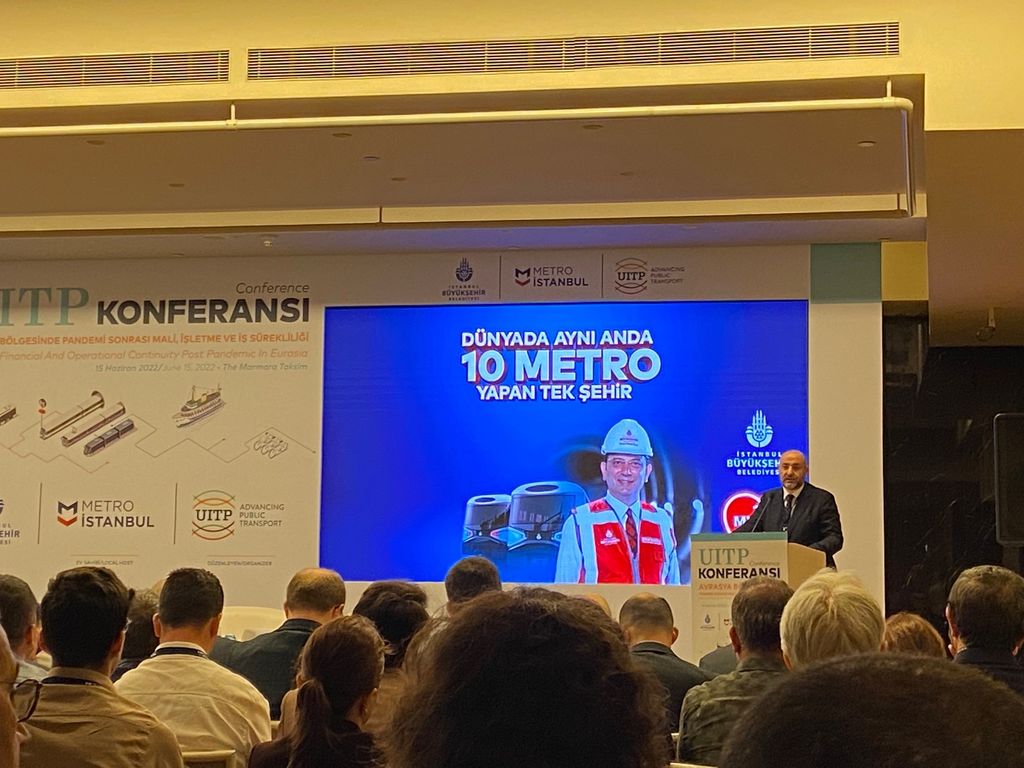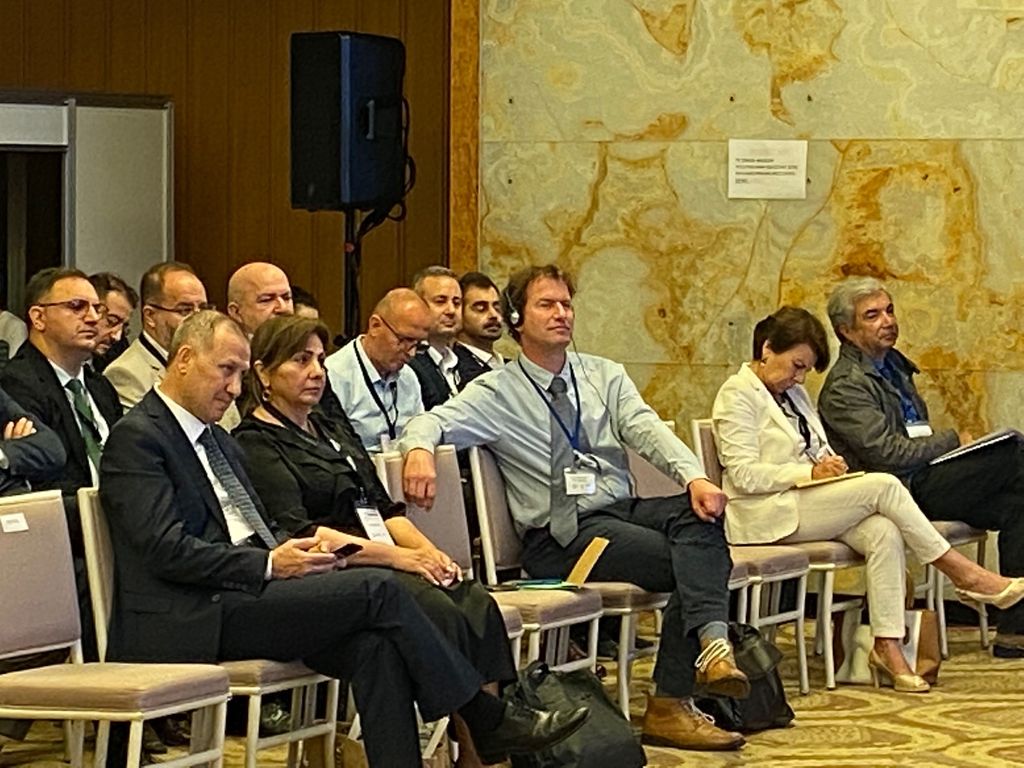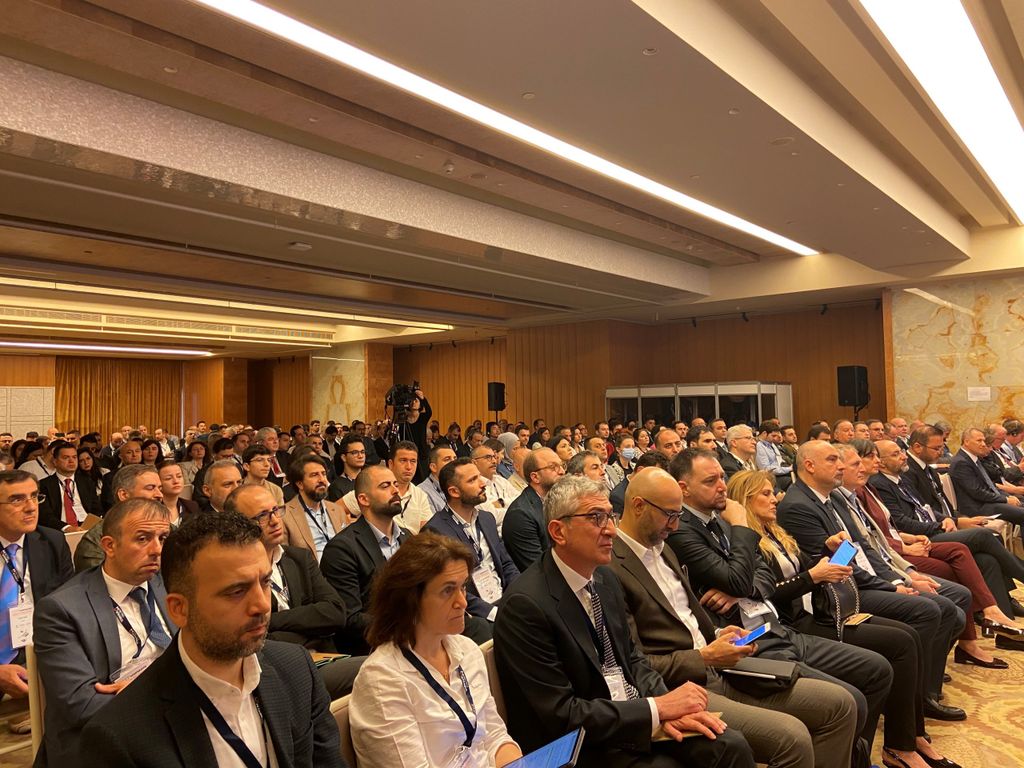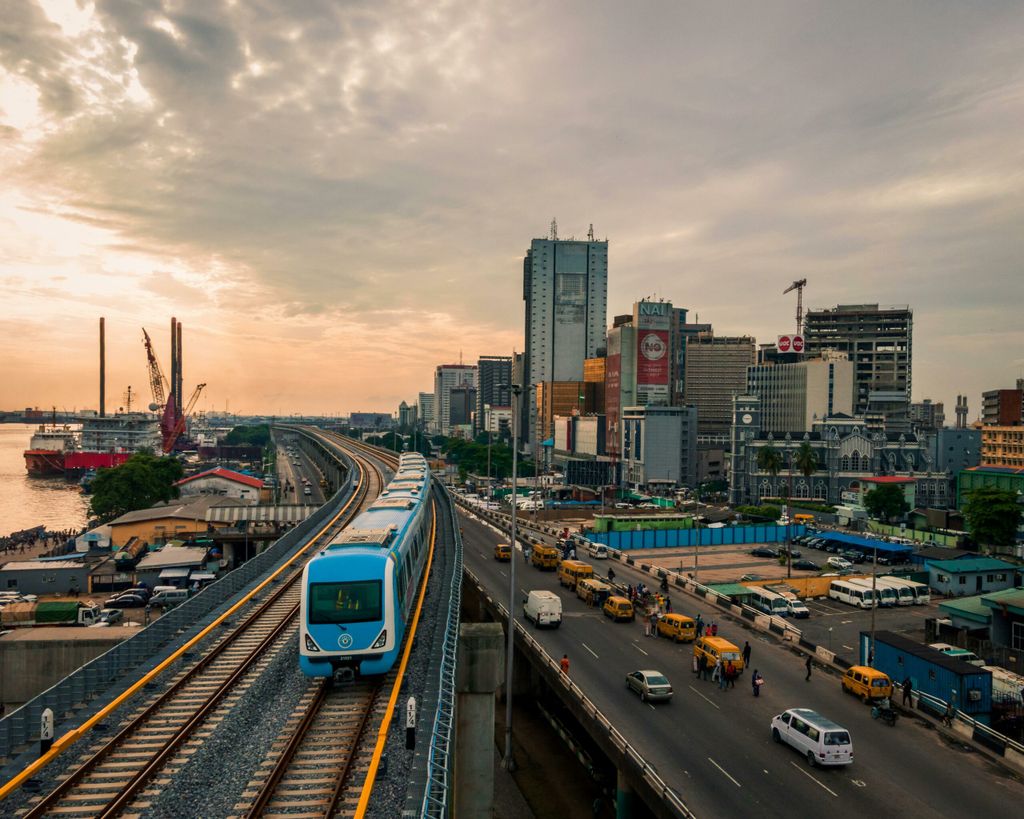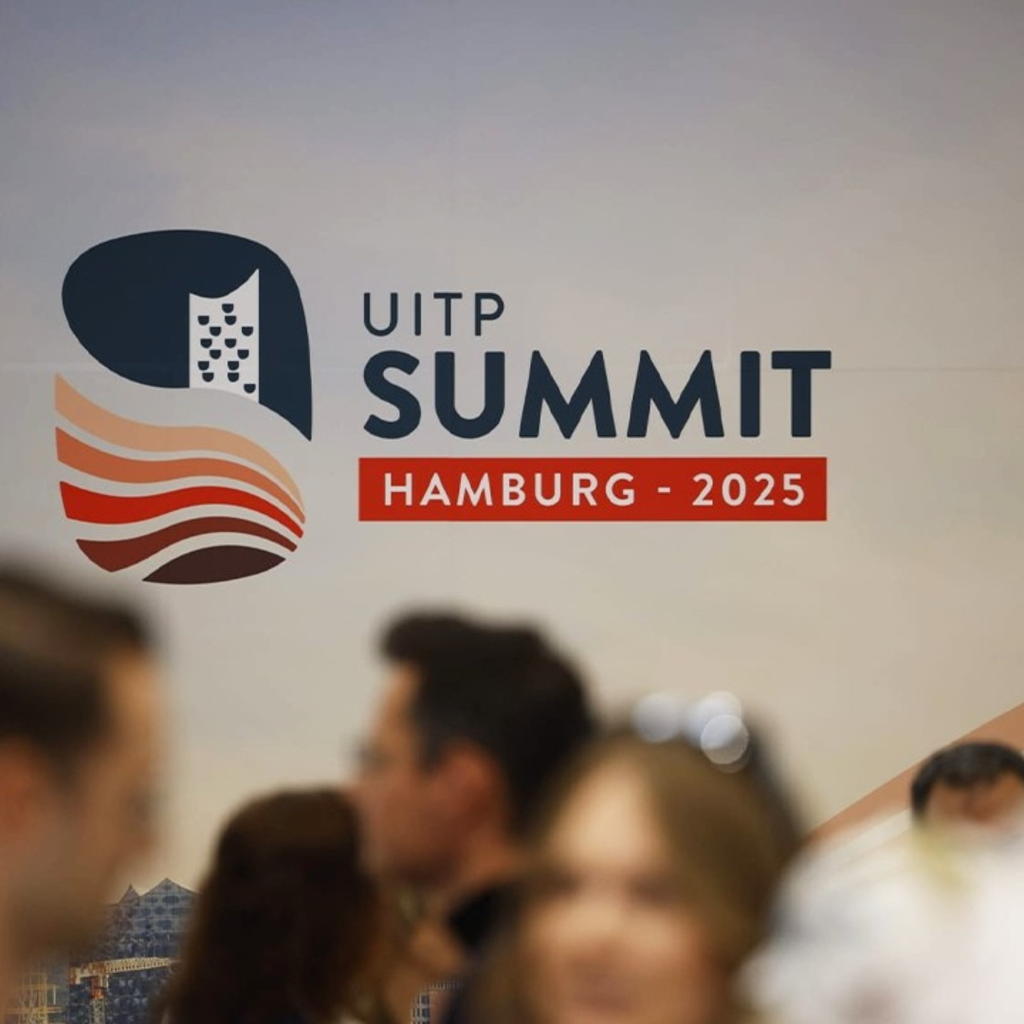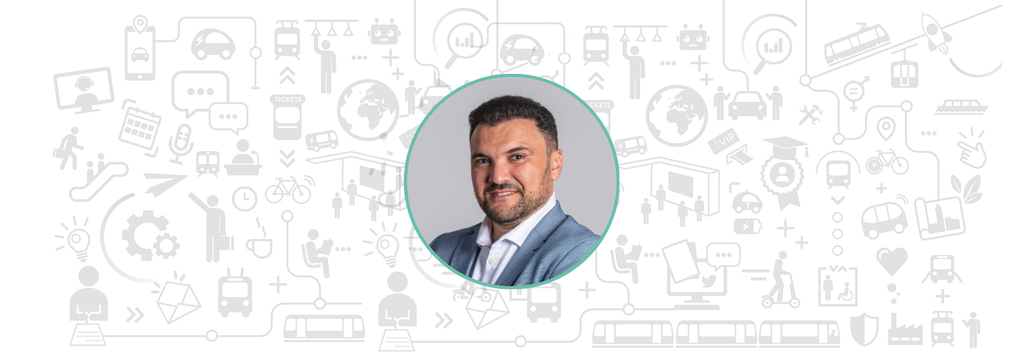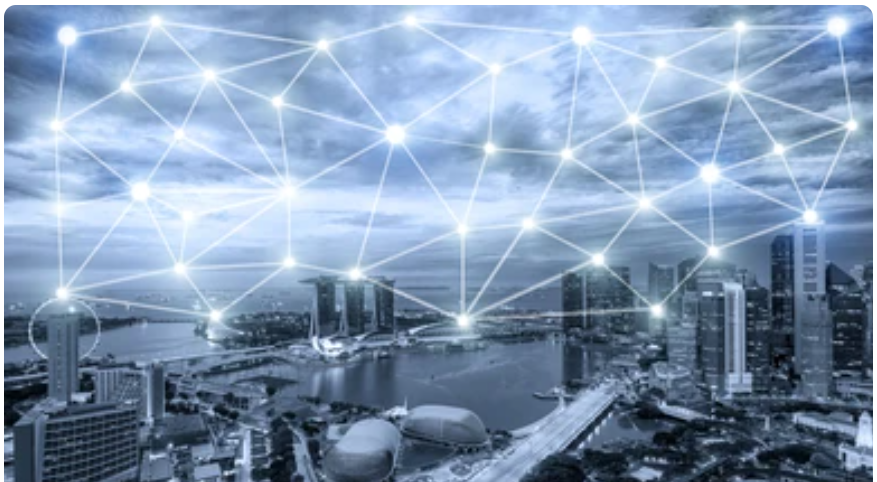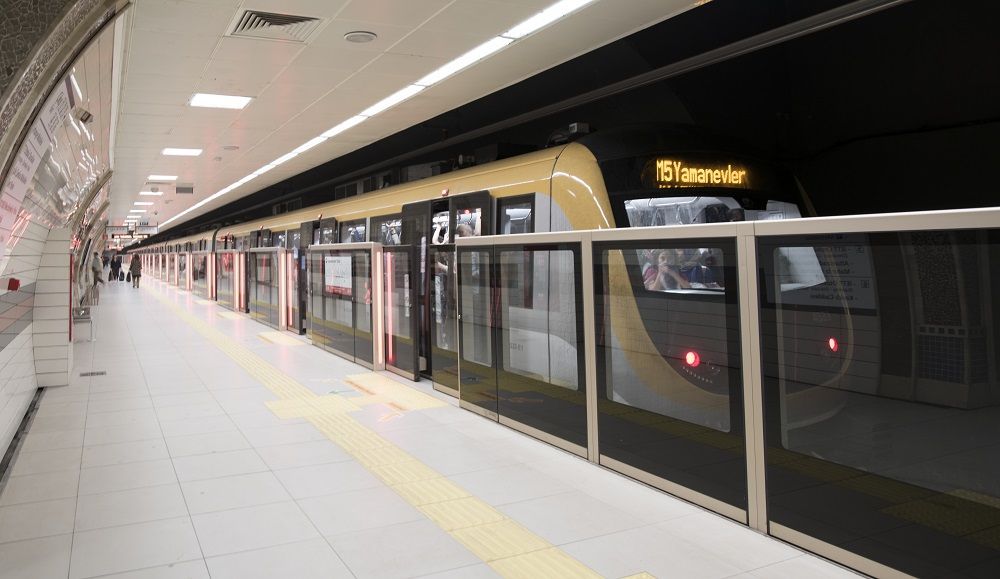
Where the continents meet; business, financial and operational continuity in Eurasia
400 participants join the UITP Eurasia conference
At the UITP Conference themed “Business, Financial and Operational Continuity Post Pandemic in Eurasia” hosted by Metro Istanbul, nearly 400 participants and 20 international speakers came together where the continents meet. The conference was the first event organised in the region after UITP restructured its Eurasia Division to include Israel and Turkey.
Bringing together so many public transport experts, offered an opportunity to discuss the future of public transport in the entire region. What emerged were ideas, experiences and proposals for concrete solutions. Participants received their own copy of the “Better Urban Mobility Playbook”, an informative report published by UITP about sustainability solutions and how to implement them in cities.
During the conference in different sessions, public transport post-pandemic, innovation for sustainable transport, funding sources in public transport, legal, institutional, and administrative topics are discussed with global high-level speakers.
Here are the 7 things that stood out during the conference:
1. Putting the passengers at the centre
All stakeholders, authorities, operators, and industries expressed their problems. But the major stakeholder remains silent—our passengers. In addition to adding the passenger’s perspective to the evaluations, the speakers were asked to evaluate this subject. It is essential to make a structural change that will meet the passengers’ expectations and guarantee the quality of the service they receive. Institutionalisation is one of them and is a key for the public transport in the region.
2. Financing public transport for a sustainable future
With the problems caused by the pandemic and the current economic difficulties, the financing of public transport emerges as the primary and essential issue in Eurasia. When we look at the examples in the world, alternative funds are created or directly supported by local authorities and central governments to finance public transportation. Public transport is supported by creating low emission zones, congestion pricing, fuel taxes, parking policy, taxes collected from private vehicles, land developments, and so on. It is essential to move toward widening funding sources for public transport and establishing its legal base.
3. Need for a modern legal infrastructure
It is among the debated issues that the legal infrastructure of public transport is not sufficient and is not suitable for today’s conditions. A legal infrastructure that complies with universal public transport norms and considers local dynamics should be established. The market model is one of the most critical issues in this sense.
4. Local administration and standardisation
The administrative structure of public transport should be handled locally, centrally, and organised together with the legal system. Standardisation of the different practices put forward by each administration and the excess of interlocutors are among the problems that hamper concrete solutions.
5. Supporting electrification
Support packages for converting electric vehicles should be created and encouraged in line with the Paris climate agreements. To keep the level of global warming below 1.5 degrees, it is necessary to reduce CO2 emissions by 7.6 percent every year. Electrification is a must, but not sufficient.
6. Modal shift to combat climate change
Modal shift is essential for combating climate change and making cities more livable. It is necessary to have the policy to make public transportation more attractive, gain new passengers, reduce the use of individual vehicles, and be supported by push-pull policies.
7. disincentivise private vehicles
The development and implementation of policies that encourage public transportation and make individual vehicle use more strenuous should be evaluated with the help of modal change and sustainable transport modes.
our members

